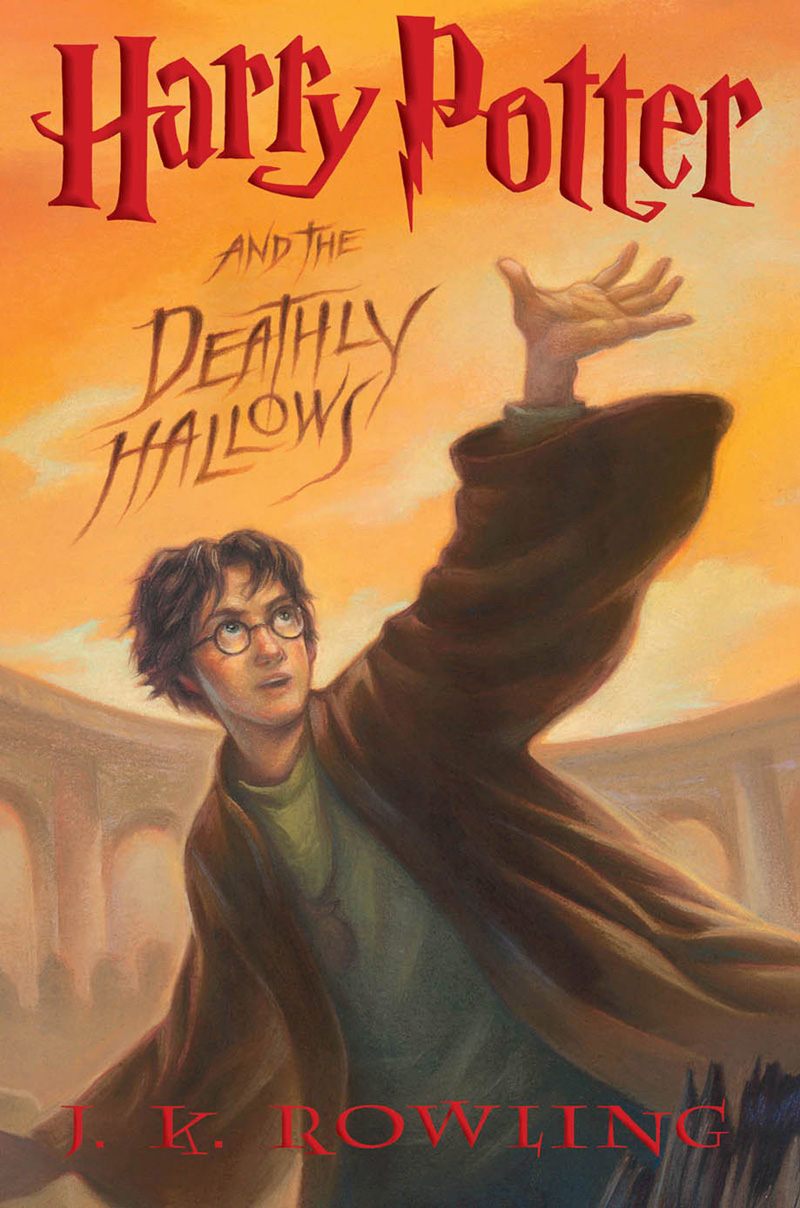I am interested to know why Camus has Cottard shoot a dog. Is it simply to show how bitter Cottard is at the plague's being over? Is it to make the reader feel less sympathy for him, since we may have had some sympathy held over from Cottard's suicide attempt? Does Camus want the reader to agree with Tarrou that Cottard would be forgivable, except for the fact that he has been "for" that indescriminate killer, the plague, all along? Cottard has been on a slide throughout the novel. At first he is pitiful and he seems so lonely and sad that you find it hard not to sympathize with him. Grand treats him coldly, the police treat him coldly, and you feel sorrier for him. Then you find out that he's a criminal and that the reason he tried to kill himself is not lonliness, but fear of arrest. Then maybe you feel less sorry for him, depending on how you sympathize with the fear of being humiliated by arrest and locked away in prison. Then he becomes a smuggler, making money hand over fist. You might either think, "good for him, he's been through a lot," or "what an exploitative bastard," depending on how you feel about such things. Then he almost gets arrested, and you think that either he's getting what's coming to him, or you feel disappointed that he should get caught now, when he's been able to avoid it for so long. When we next see him, he has gone crazy.
Cottard is a coward. Though it’s been since high school that I read The Stranger, I think Cottard has many qualities that are the opposite of its protagonist, Meursault. Meursault faces his crime, his arrest, and his impending execution. Cottard runs and hides from his crime and his potential arrest. Rieux says on page 131 “men are more good than bad; that, however, isn’t the real point...the most incorrigible vice being that of an ignorance that fancies it knows everything and therefore claims for itself the right to kill. The soul of the murderer is blind, and there can be no true goodness nor true love without the utmost clear-sightedness.” This describes Cottard; he is blind to the needs and suffering of others. He never assists anyone, never joins the sanitation crew or helps at the camps or hospitals. You could even say that he is blind to humanity in general, so focused is he on himself. I find this somewhat ironic, given that he seems so desperate for attention and companionship when we first meet him. It seems he has learned nothing from his experiences.
Obviously, Cottard represents this “banality of evil” aspect talked about by Arendt and Judt. He’s for the plague, not because he’s evil and wants people to suffer and die, but because the plague helps his cause. Up until this last scene with him, the reader has been thinking, “Oh, he’s not so bad; he’s had a hard time of it, give him a break.” I think Camus wants the final scene with Cottard to be a wake-up call to the reader to show that he’s not such a good guy. He may have been pathetic before, but he is choosing to behave in this undignified, misanthropic way (was he the character who said “don’t call me a misanthrope?” I think he is one). He shoots the cops who are trying to arrest him, and there are those who would say that he is doing what he can to stay free. When he shoots the innocent dog—who hasn’t done anything to Cottard other than remind him that the plague is over—it underscores how selfish he is and that he really has no respect for his fellow creatures. He also represents one of the themes of all Camus’s writing: choice. Years ago, I took professor Harbison’s class on Existentialism and Phenomenology. Much of it was over my head, but one thing I remember is that existentialists feel suicide is the coward’s way of coping with the absurd. One must choose to face the absurd despite everything. This is what he’s telling us in the last lines of the book when he says that the plague may lay dormant but it never goes away. The absurd never goes away, but life goes on.













No comments:
Post a Comment